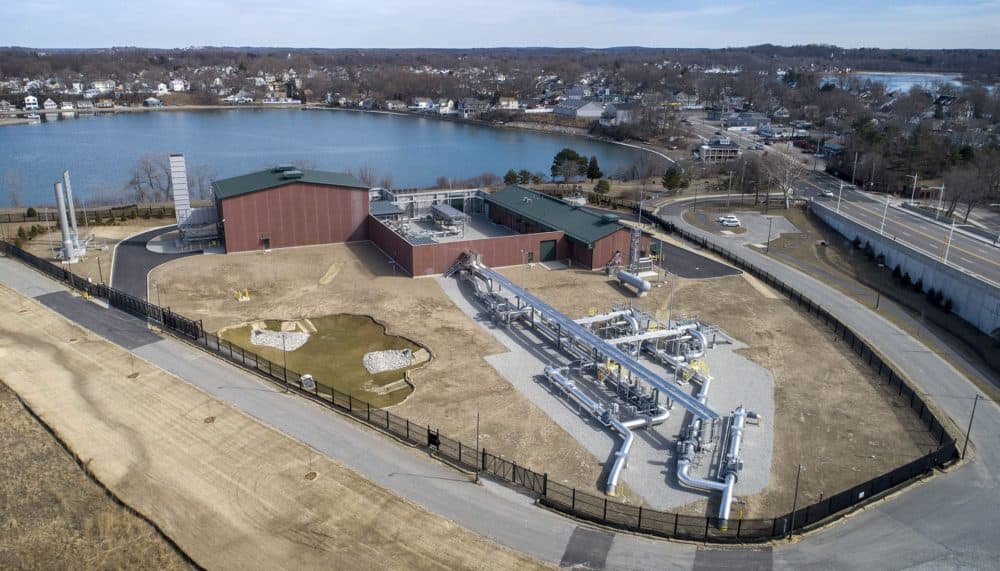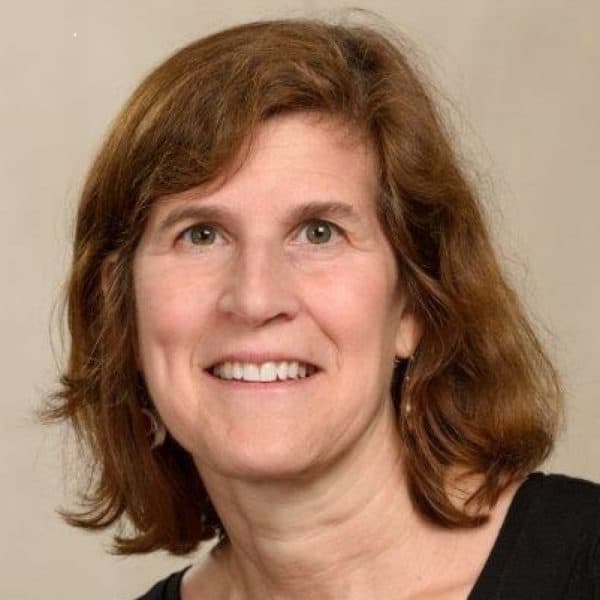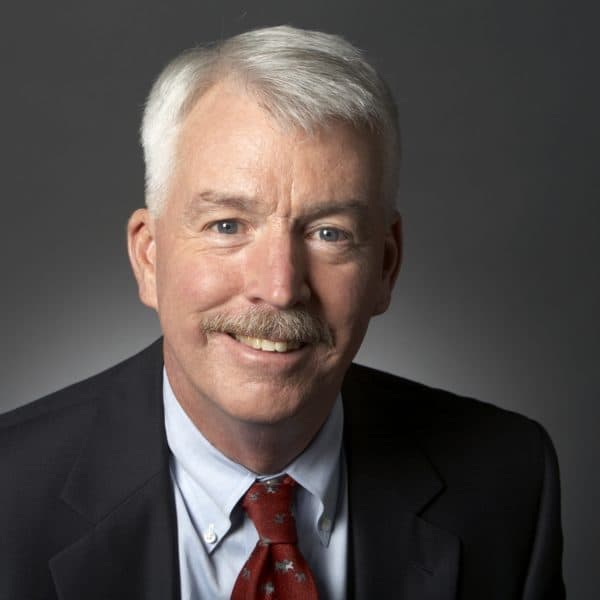Advertisement
Commentary
Enough Is Enough. It's Time To Shut Down The Weymouth Compressor

In the airline industry, near-misses are taken very seriously. They trigger root-cause investigations. They can result in changes to procedures, suspensions of pilots, grounding of aircraft and steep penalties. These common-sense interventions can result in inconvenience and lost income, but they prevent crashes and save lives.
But this is not the way things work at the natural gas compressor station in North Weymouth. This facility, located 9 miles from downtown Boston, opened last September. It receives fracked gas via pipelines from Pennsylvania and West Virginia and is designed to pressurize the gas to more than 1,000 pounds per square inch (psi) and push it onward.
On May 20, the North Weymouth compressor had its fourth near-miss in nine months — an unplanned release of more than 11,000 cubic feet of highly pressurized gas that followed previous large leaks on September 11, September 30, and April 6. The gas spread over North Weymouth and adjoining South Quincy and Germantown. Thankfully, it did not explode. (There was another incident on May 26, when Enbridge says it vented another 11,397 cubic feet of gas in a controlled release, according to the company's reporting to MassDEP.)
What has been the reaction of Enbridge, the Canadian pipeline company that owns and operates the facility? They declared that the May 20 leak was a "force majeure,” an “act of God” that occurred for reasons beyond the company's control. Root cause analysis? None. Safety inspection? Likewise, none.
Enbridge’s cavalier reaction is typical of the arrogance, dishonesty, lack of regulatory oversight, and lack of concern for public safety that has characterized the North Weymouth compressor project from its beginning. It is behavior that Enbridge has manifested elsewhere, most notoriously in its efforts to push a major pipeline through lands sacred to Native Americans in northern Minnesota.
Enbridge’s decision to site the compressor in densely populated North Weymouth, an economically depressed community with high air pollution levels, is a blatant example of environmental injustice.
Enbridge’s justification for the North Weymouth facility was its claim that the compressor station would provide gas needed to keep local homes warm in winter. But this claim was disingenuous. Little or none of the gas that goes through North Weymouth will stay in Boston nor is it needed here. Instead, the North Weymouth facility is the linchpin of a large Enbridge project — Atlantic Bridge — that will export gas to Canada and possibly to Europe.
Several of the companies that initially supported the North Weymouth project have now pulled out, calling it unnecessary. Wind and solar power, which produce clean energy at lower cost, are rapidly overtaking gas. Gas combustion creates pollution and accelerates climate change.
Enbridge’s decision to site the compressor in densely populated North Weymouth, an economically depressed community with high air pollution levels, is a blatant example of environmental injustice. Its construction was enabled by a deeply flawed Health Impact Assessment, commissioned by the commonwealth, that ignored high rates of heart disease and cancer in the community and the contribution of natural gas to climate change. It also ignored reports released by physicians and public health experts on the dangers posed by this facility to North Weymouth residents, including the possibility that the compressor station might leak gas, burn and explode.
Advertisement
Leaks, fires and explosions occur every year in gas pipelines across the United States. Pipeline explosions in Lawrence, Andover, and North Andover in September 2018 damaged 130 homes, injured 23 people including two firefighters, and killed an 18-year-old boy. Gas in that line was pressurized to only about 100 psi — much lower than in North Weymouth.
Air modeling shows that a gas explosion triggered by a two-minute leak at the North Weymouth compressor would endanger 964 homes, six schools with 3,100 students, nursing homes and a mental health facility. It would incinerate cars on the nearby Fore River Bridge, which carries 30,000 commuters per day. Would Enbridge consider this an act of God?
The Metropolitan Area Planning Council (MAPC), the body contracted to conduct the Health Impact Assessment, has now retracted it. MAPC states that they can no longer support construction of a gas compressor station in North Weymouth. We wish they had said so much sooner.
The Federal Energy Regulatory Commission (FERC) — the agency in charge of interstate energy projects — has now taken note of the North Weymouth compressor station’s dismal safety record and its negative impact on environmental justice. It is reconsidering the compressor station’s license to operate.
As physicians deeply concerned about community health, social justice and climate change, we are grateful for FERC’s renewed oversight. We are appalled by the blatant injustice of siting this dangerous facility in a densely, populated, low-income, polluted community. It is a perfect prescription for poor health.
We urge the Commission to revoke the permit for the North Weymouth compressor station. Continued operation of this ill-conceived and unnecessary facility will lock in dependence on gas for years to come and delay transition to a carbon-free economy. The consequences will include higher rates of diseases and premature deaths resulting from air pollution, toxins, and climate change. It is time to shut it down.

